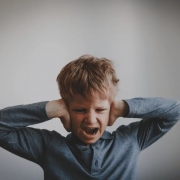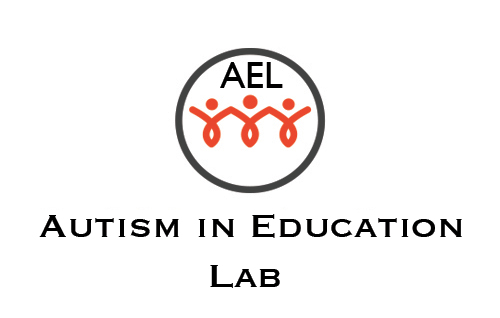
Sound Sensitivity Project
Sound sensitivity (or decreased sound tolerance) is a common and debilitating problem in children and adults on the autism spectrum. Sound sensitivity significantly impacts the daily lives of children and their ability to learn and interact with others, sometimes so severely that they are completely unable to participate in educational and social settings. Existing solutions employed by families and schools, such as avoiding situations in which aversive sounds may occur, taking breaks away from noise, or using noise reduction devices such as ear muffs, ear plugs, or noise-canceling headphones, also impose major barriers to children’s social inclusion and learning opportunities. That is, these strategies either remove children from the classroom or school activity, or limit their participation by blocking out sounds indiscriminately. Existing technical solutions also fail to address the individualized nature of sound sensitivity.
In this project, funded by Kids Brain Health Network, and in partnership with Surrey School District, we are using artificial intelligence to selectively filter the undesired sounds specific to each individual. This is a joint effort between AEL and Dr. Siamak Arzanpour’s lab in SFU’s School of Mechatronic Systems Engineering.
This project has focused initially on school-aged children (Kindergarten to Gr 12) on the autism spectrum because this is the population on which the vast majority of research has been conducted with respect to sound sensitivity; however, our solution will be scalable to children and adults with other neurodevelopmental conditions (such as FASD, Williams Syndrome), in which sound sensitivity is an issue.
Our motivation for this project is to improve quality of life for autistic individuals and their families, and to provide better educational and social outcomes for individuals on the autism spectrum with sound sensitivity by increasing their participation in social, educational, and recreational settings.
